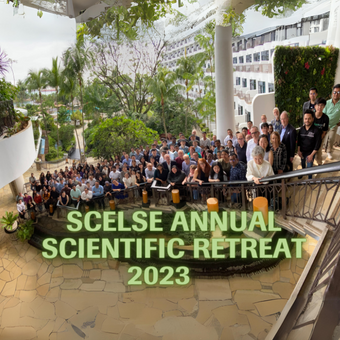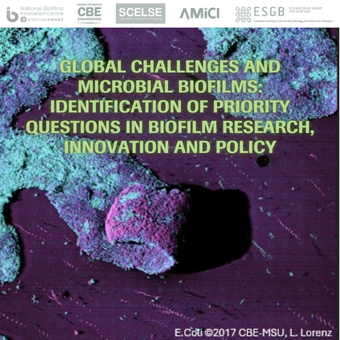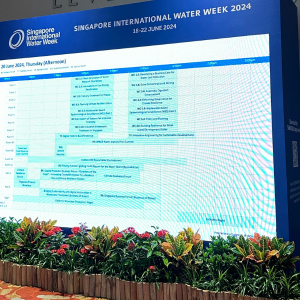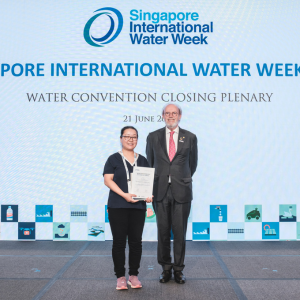SCELSE’s Annual Scientific Retreat saw around 180 staff and students plus members of our Scientific Advisory Board coming together for two days of scientific talks, diverse workshops, and team-building games to foster knowledge and team synergy, and networking over posters and snacks – with a focus on at laying the groundwork for SCELSE beyond its 15 years.
- Featured
- 11 Dec 2023
The SCELSE Annual Scientific Retreat 2023 held on 29 & 30 Nov 2023 unfolded as a transformative exploration, propelling the institute beyond its 15 years as an Research Centre of Excellence (RCE). Centre director, Prof Alain Filloux set the tone with a welcome address, assuring members of SCELSE’s continuation and charting the centre’s future vision.
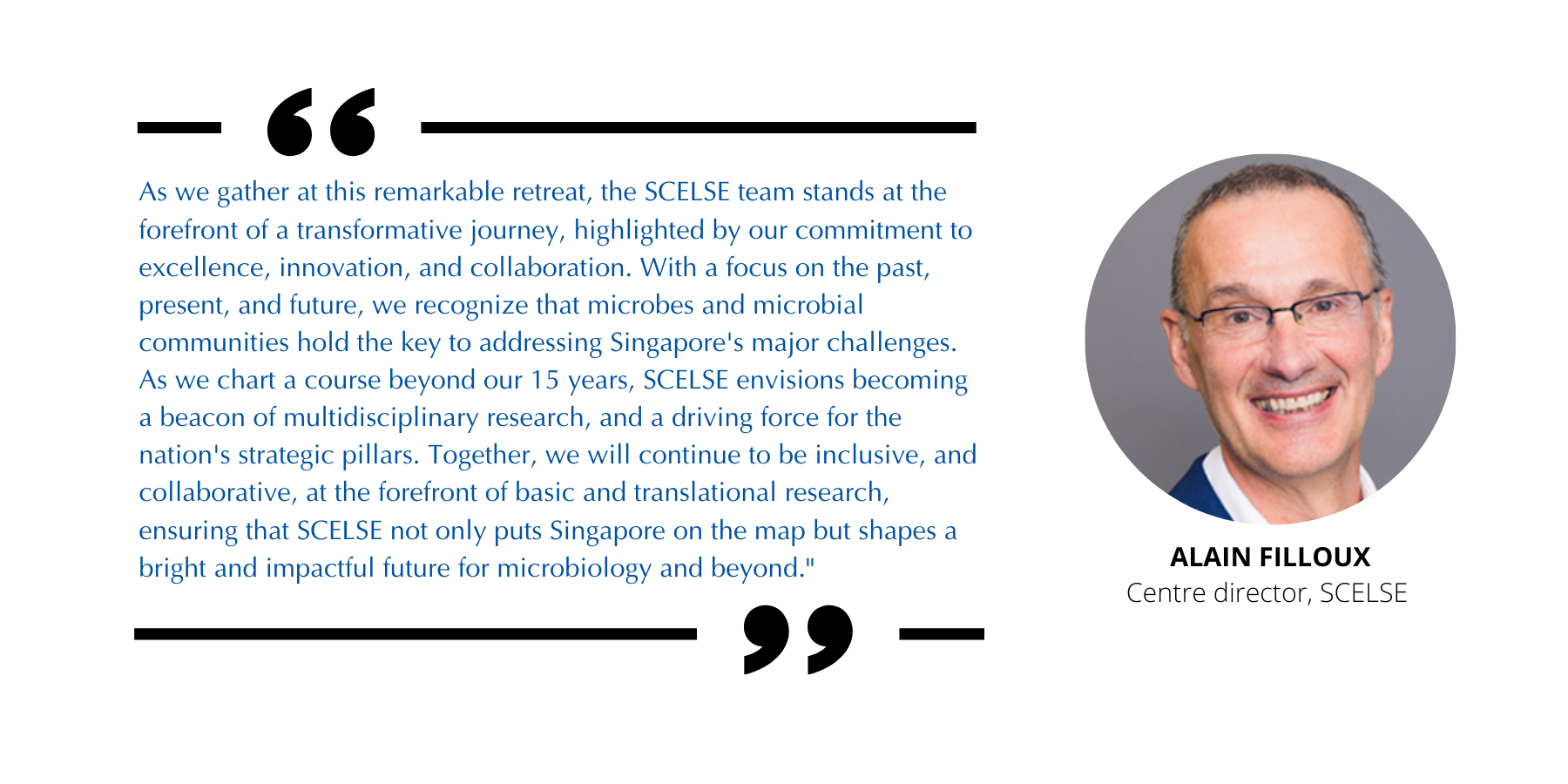
SCELSE’s research cluster leaders Prof Staffan Kjelleberg, Prof Stefan Wuertz , Prof Stephan Schuster and A/Prof Sanjay Swarup also shared their perspectives, with insights into harnessing AI, training the next generation of research leaders, progressing research from lab to market, and addressing climate change.
With an extensive research network, and industry partnerships, SCELSE is on the right trajectory to address complex challenges and provide sophisticated scientific and technological solutions. The journey from discovery to the marketplace can be complex, but rewarding, “ – Prof Staffan Kjelleberg
“We must stay close to our strengths—the understanding of multi-species interactions—and avoid a reductionist approach. As we look to the future, the expertise needed involves computational analysis, automation, robotics, and machine learning. To be at the forefront of microbiology, we must address the gap in data analysis and embrace the transition to a future where these technologies play a pivotal role.” – Prof Stephan Schuster
“Looking ahead, SCELSE’s mission stays the same, revolving around biofilms and microbiomes with a common thread of sustainability. Our research explores how microbial communities react to disturbances, addressing challenges related to climate change and resource distribution. We aim to leverage our novel insights into microbial ecological theory to aid ecosystem management and food security. We can contribute for many years to come by providing solutions for biofilm-related issues and other problems that transcend the research space and reach many corners of society in Singapore and beyond. – Prof Stefan Wuertz
Watch the video to get a glimpse of what went down over the two days at Shangri La Rasa Sentosa Resort! More coverage to follow in January 2023.


